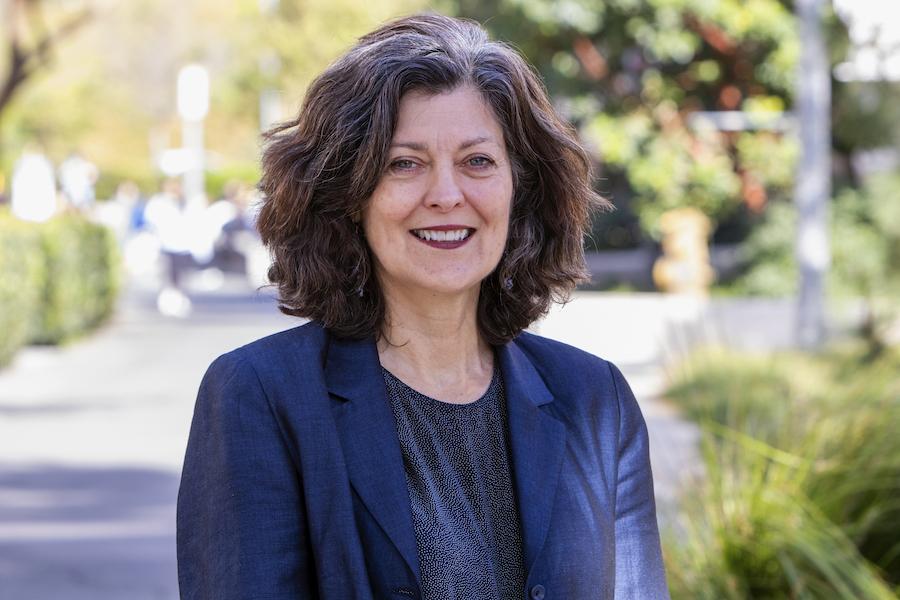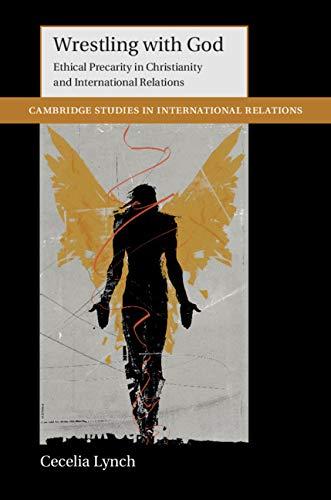Cecelia Lynch

Transnation Humanitarian Intersections Between Germany and Cameroon: Religion, Intersectionality, and Agency (with Nadine Machikou)
A major challenge for international politics is how to effectuate equitable aid relationships. Addressing this issue requires in-depth examinations of how people in postcolonial societies navigate colonial legacies and internal/external dynamics of transnational humanitarianism and interstate securitization, amidst intersectional identities and multiple crises (poverty, civil conflict, COVID-19). Conversely, it also requires examining whether and how officials and aid agencies in former colonizing countries see links between colonial legacies and contemporary aid relationships, and how they perceive agency in those relationships. Our project addresses these issues with a focus on relations between Germany and one of its former colonies, Cameroon. Our central research questions follow:
To what degree do transnational humanitarian practices help or hinder the survival of Cameroonians, and of Cameroon as a country?
What does it mean for Cameroonians to “survive together”?
By “together,” we do not refer to any notion of a homogeneous or unified state or people with a common purpose, but rather to the minimal fact of survival as citizens of the same country. Addressing this question requires examination of historical legacies of colonization as well as ongoing humanitarian relationships. It requires examination of how these legacies influence the everyday (bureaucracy, entrenched ethnic and religious divisions, displacement and violence from the Anglophone Crisis, Boko Haram, and climate change) in conjunction with the transnational: in other words, it requires examination of the quotidian processes, debates, struggles, and fears that mark the lives of Cameroonians of different genders, ages, religions, languages, regions, and ethnicities, vis-à-vis the transnational dynamics of aid and securitization. Our project builds on collaborative research we have done on several religious women's groups in the country by engaging with perspectives from German aid agencies and nongovernmental organizations, using African feminist approaches to address a) gaps in theorizing about Cameroon as a "stationary state" and 2) promises by transnational agencies to "decolonize humanitarian aid."
Biography
Cecelia Lynch is Professor of Political Science at the University of California, Irvine, a member of the Global Governance Forum Working Group on The Peaceful Resolution of International Disputes and Rethinking the International Peace and Security Governance Architecture, and Co-Editor of the Critical Investigations into Humanitarianism in Africa (CIHA) blog (www.cihablog.com). She specializes in interrelated themes of religion, the ethics and problems of humanitarian aid, interpretive methodology, and international/global relations broadly conceived, including its racialized and gendered character, working from what she calls a “critical interpretivist” approach.
Publications
Religion, History and International Relations
Oxford Handbook of History and International Relations (2023)
Peacebuilding, Humanitarianism, and the Place of Indigenous Religions
Friedrich Kratochwil: Prophet of Doubt?
Praxis as a Perspective on International Politics, Bristol University Press, (2022)
Centering Global Humanitarianism in Africa

